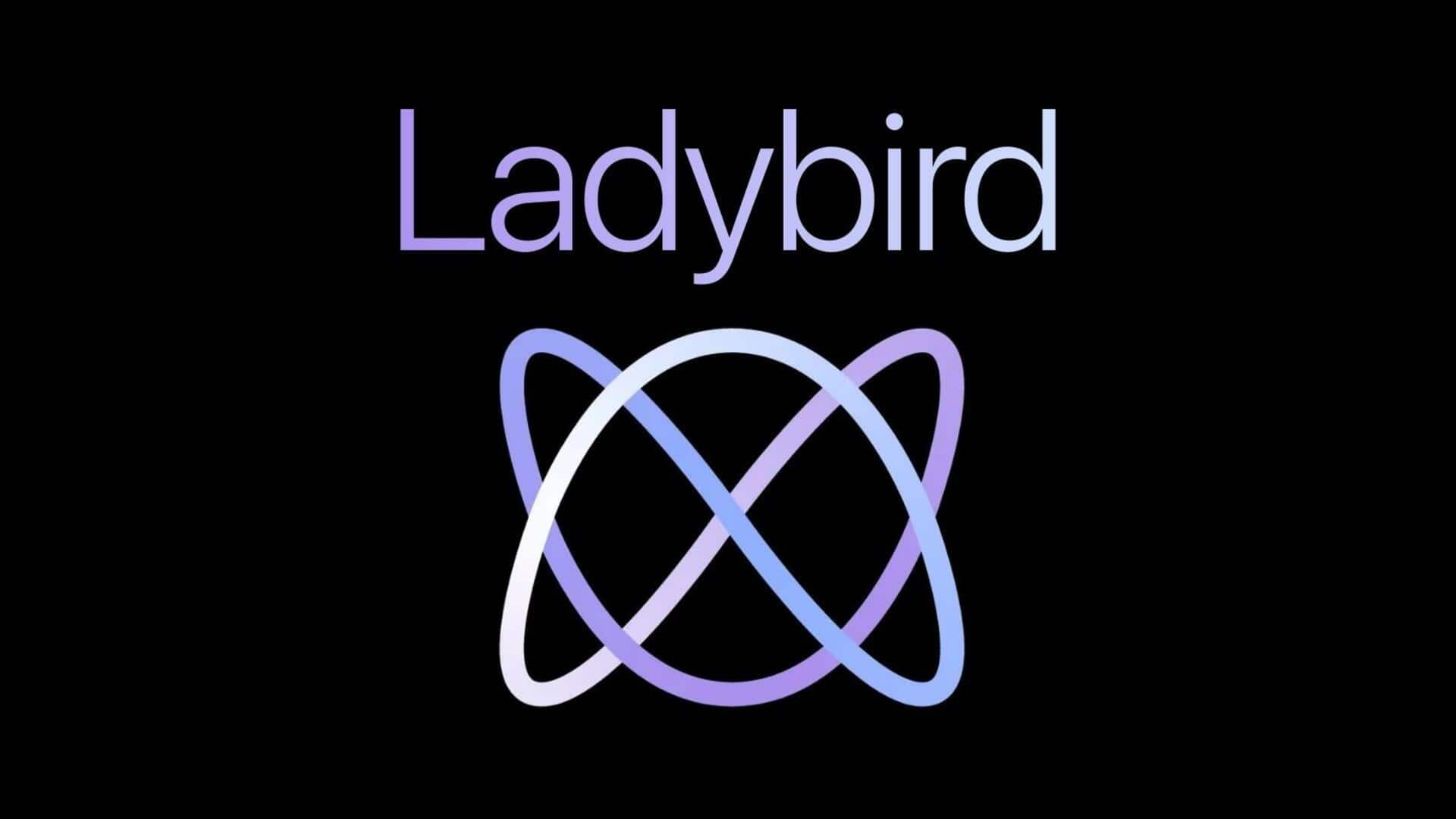
Ladybird: Can a user-funded, open-source browser take on Chrome, Safari?
What's the story
Ladybird, an open web browser, has received approximately $1 million from GitHub founder Chris Wanstrath. This funding is part of a non-profit organization called the 'Ladybird Browser Initiative,' co-launched by Wanstrath and Andreas Kling, the developer of open source PC operating system SerenityOS. The initiative's goal is to develop a new web browser that competes with Mozilla's Firefox and Google's Chrome without relying on corporate deals or advertising revenue.
Unique approach
Ladybird's unique development and independence
Ladybird was initially part of the SerenityOS project, a UNIX-like operating system. However, it was separated to allow its creators to concentrate solely on the browser. The browser is being built from scratch based on web standards, without borrowing any code from existing browsers. The creators stated, "We don't use code from Blink, WebKit, Gecko, or any other browser engine." While still utilizing some libraries from SerenityOS for historical reasons, Ladybird has begun incorporating 3rd party libraries for common functionality.
Open source development
Ladybird's funding strategy
Ladybird's creators view their project as a liberation from the advertising models that currently rule the web browser market. Wanstrath pointed out that "every major browser engine is open source... but they're all funded by Google's advertising empire." He stressed that "the web is too essential to have one primary source of funding, and too important to have that source of funding be advertising." Ladybird plans to raise funds through sponsorships from companies and individuals interested in the open web.
Release plans
Ladybird's anticipated release in summer 2026
Ladybird has a policy that corporate donors cannot purchase seats on the board of directors. It will also not enter into any contract to make Google the default search engine. The software and source code will be available for free, forever. Currently, the source code for Ladybird is under development and publicly available on GitHub. The initiative employs four full-time developers with plans to hire three more programmers. The alpha version of Ladybird is scheduled for release in 2026.